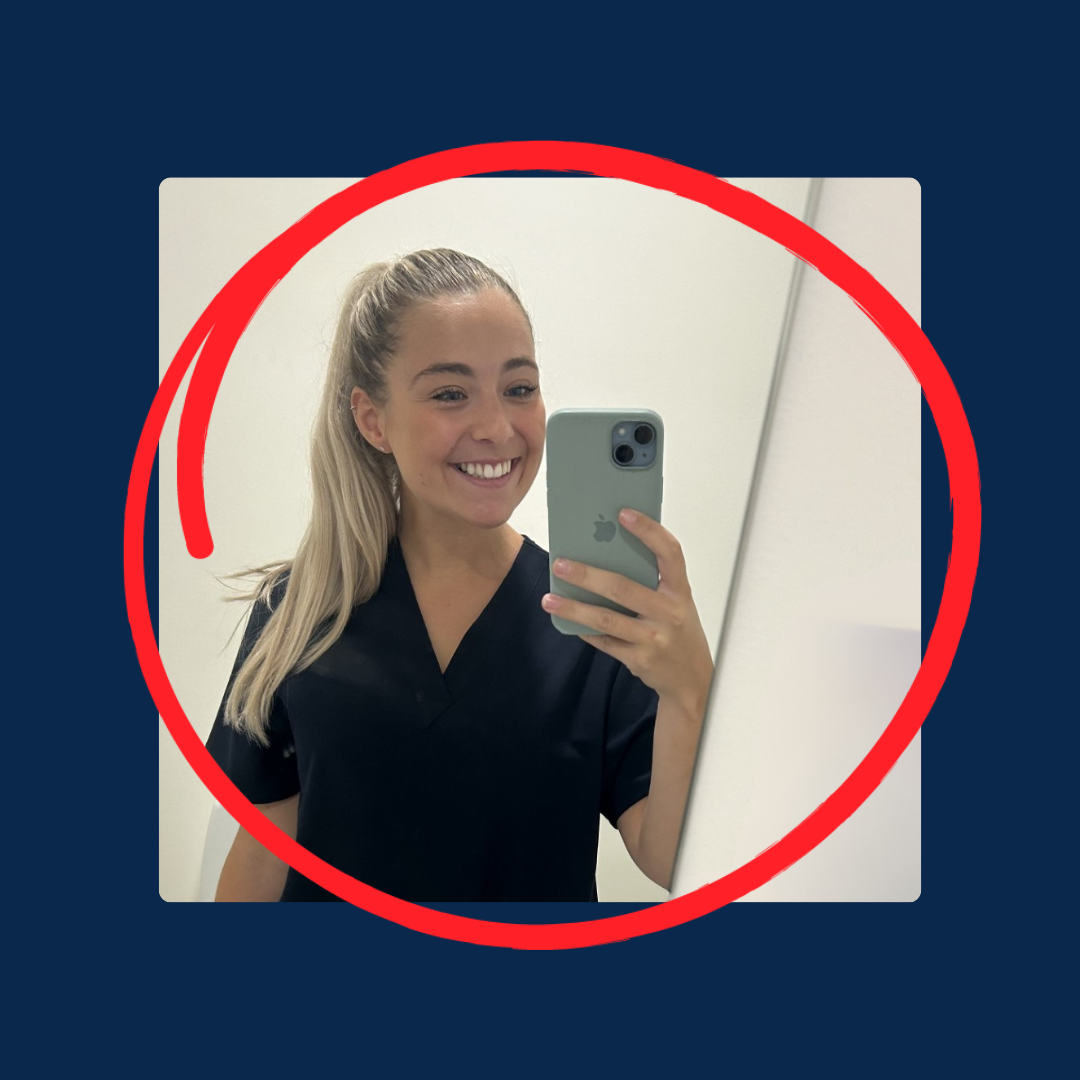The importance of self-care as a Nurse and why it’s important for your future

Nurses are a voice to lead Australia’s healthcare industry into the 21st century and beyond. As frontline workers, nurses are contributors to the mission and vision of delivering quality healthcare to all Australians.
Society depends on the expertise and guiding hand of nurses in everyday healthcare decisions. From Assistants in Nursing (AINs) and Enrolled Nurses (ENs) to Registered Nurses (RNs) and Midwives, Australian nurses are at the forefront of healthcare, working tirelessly to attend to patient needs. Long shifts without adequate staffing levels and demanding tasks can make nursing a stressful occupation. What happens, then, when nurses become exhausted?
To celebrate International Nurses Day on May 12, we are encouraging nurses at all levels of the profession to embrace self-care. We especially are supportive of Australian agency nurses, who experience a few extra on-the-job stressors due to the constantly evolving nature of their positions. Self-care is no longer a luxury for Australian nurses. It is an absolute necessity. With nursing burnout rates already high and only continuing to rise due to the ongoing COVID-19 pandemic, self-care strategies are a must-have for every nursing professional.
Benefits of self-care as an agency nurse
Self-care is all about recharging yourself. It includes any activity that provides for your mental, physical, and spiritual needs. Self-care is especially important for agency nurses, as they are under more pressure due to the nature of their transient positions.
It can be difficult for agency nurses to indulge in self-care since the very premise of their jobs is to take care of others. They may feel they do not have the time or the luxury. Taking time for yourself is not selfish. There are many benefits to self-care for agency nurses.
- It promotes health and safety. It is healthy for a nurse to practice self-care so they can better look after others in their care.
- It replenishes compassion. When nurses feel burned out, it is easy to forget the reason why you decided to become a nurse in the first place. Remember, you cannot fill a glass from an empty pitcher.
- It manages stress. Nursing can be stressful. Failing to take time out for yourself is a surefire recipe for stress that continues to build over time until it affects your health.
Stress relievers for nurses
It is important for nurses like you to stay healthy so you can administer the best care to your patients. Some of the common signs of stressed-out nurses include irritation and anger, appetite loss, fatigue, and insomnia. If you feel burned out, you should seek immediate help before it takes a toll on your health. Here are some of the other ways you can help manage stress and anxiety levels.
1. Take a break
Everyone needs a break from their job, which is why agency nursing makes it easy to take off time when you need it. Whether you plan a vacation in a tropical getaway, or you simply have a staycation with the goal of relaxing, taking a break to focus only on your health and well-being is critical.
2. Practice mindfulness
Mindfulness is all the rage these days and for good reason. It can help nurses recognise when they are becoming overwhelmed and develop necessary skills for managing clinical stress. Mindfulness techniques are proven to help release stress and anxiety.
3. Pursue a hobby
Nurses deserve a little “me time.” Pursue a hobby outside of work that helps you refocus your energy and find enjoyment in life. How about painting nights with friends or bush walks that get you out into nature.
Committed to supporting nurses Australia-wide
First Choice Care is committed to supporting nurses in Australia year-round. If you are looking for flexibility in nursing opportunities from a caring staffing agency, get in touch today to learn how we can help.
More articles





